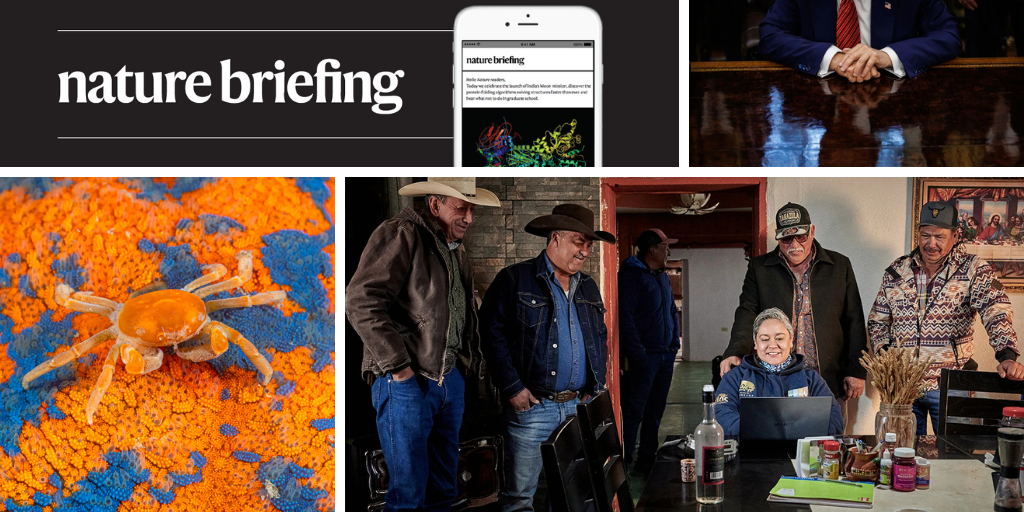
"Ocean photographer Andrey Shpatak snapped this colourful pea crab (Pinnotheres pisum) in Rudnaya Bay, just off the southeastern coast of Russia. His timing was a stroke of luck, he says. Pea crabs live most of their lives hidden inside the shells of mussels. "I can only assume that this pea crab was looking for a home when I managed to photograph it," says Shpatak. The lucky shot was a finalist in Oceanographic magazine's 2025 Wildlife Photographer of the Year competition."
"People with a psychiatric disorder are more likely to marry someone who has the same condition than to partner with someone who doesn't. Using data from more than 14.8 million people, researchers found that when one partner was diagnosed with one of nine conditions after marriage, the other was significantly more likely to be diagnosed with the same condition. "The pattern holds across countries, across cultures, and, of course, generations," says population-and-genetics researcher Chun Cheih Fan, who co-authored the study."
People with a psychiatric disorder are more likely to marry someone who has the same condition than to partner with someone who does not. Using data from more than 14.8 million people, when one partner received a diagnosis of one of nine psychiatric conditions after marriage, the other partner was significantly more likely to receive the same diagnosis. The pattern holds across countries, cultures and generations. An AI screening tool flagged more than 1,000 potentially problematic open-access journals; none had appeared on prior watchlists and some are owned by reputable publishers. An Oceanographic finalist photo captured a pea crab in Rudnaya Bay. Former CDC directors expressed alarm about US health secretary Robert F. Kennedy Jr.
#psychiatric-disorders #assortative-mating #open-access-journals #science-photography #public-health-leadership
Read at Nature
Unable to calculate read time
Collection
[
|
...
]